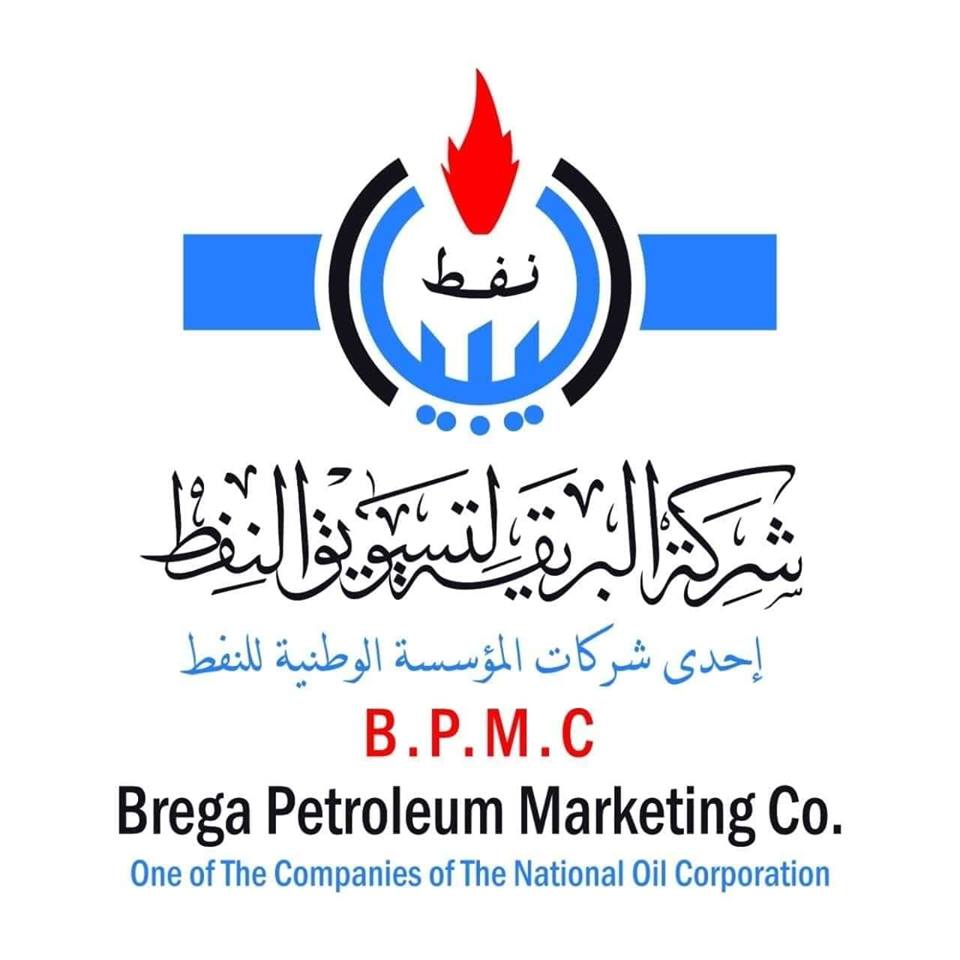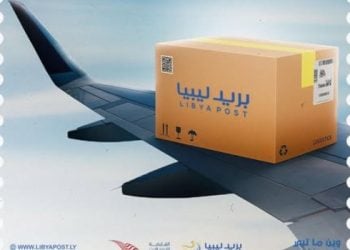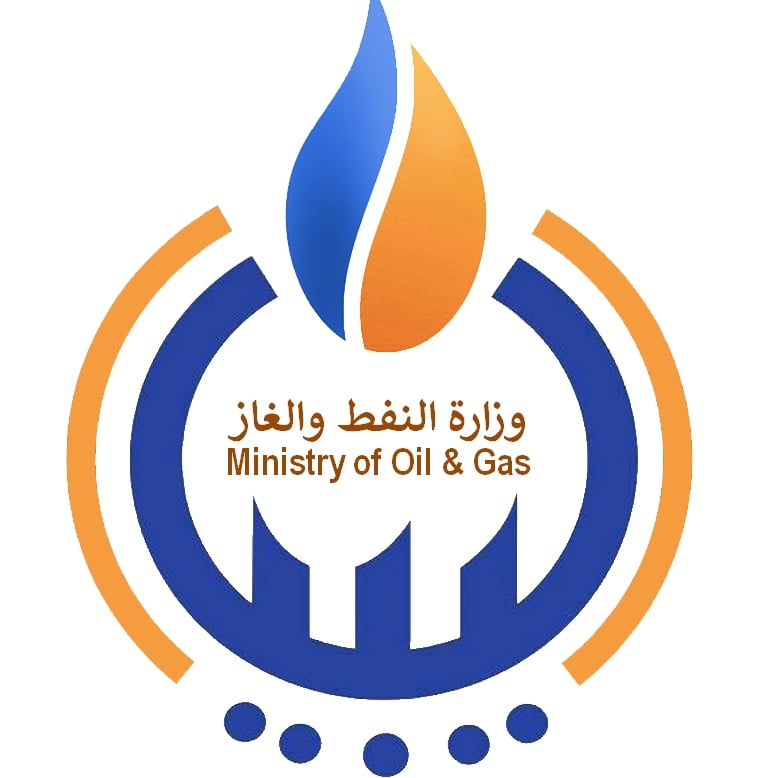The unloading and distribution of petrol is continuing uninterrupted 24 hours a day to end the ‘‘unjustified’’ petrol queues, Brega Marketing Company, a subsidiary of the state National Oil Corporation, confirmed today.
The Brega statement comes in reaction to the reappearance of petrol queues over the last few days in Tripoli, and its knock-on effect on the rest of western Libya.
Brega said, in cooperation with the relevant authorities, it has begun implementing an urgent plan to end the unjustified congestion.
Additional 22-million litres of petrol being unloaded, another tanker awaits in anchorage
The company explained that additional shipments have been unloaded over the past 24 hours, and these efforts will continue until Friday to ensure stable supplies. A 22-million-litre cargo is currently being unloaded from one tanker, and another tanker waiting in the anchorage area is expected to enter immediately upon completion, Brega added.
Two additional tankers to enter Zawia and Misrata
It further revealed that two additional tankers are preparing to enter the Zawia and Misrata warehouses to boost stocks in these areas. It confirmed that regular distribution operations will continue from the Tripoli, Zawiya, and Misrata warehouses to ensure fuel supplies reach all stations across the country.
Comment and analysis
Tripoli government still failing to solve systemic fuel supply bottlenecks
It must be noted that even though the Tripoli based Aldabaiba Libyan government had made unprecedented strides in solving the regular fuel shortage crisis that had occurred since the 2011 revolution, this year’s fuel crises have proved that they have failed to solve the root causes of the problem.
Brega fails to understand market and herd psychology
Brega, and to some extent Aldabaiba, have had a habit over the years of labelling petrol queues as ‘‘unjustified’’ simply because either thinks it has enough quantity of fuel arriving or being unloaded by tankers. It continuously fails to understand the market and herd psychology of panic buying. When drivers see petrol queues forming, they instinctively top up their cars fearing another forthcoming, long, fuel shortage.
The fuel supply fundamentals are unchanged – so fuel shortages will likely reoccur
Fuel shortages have reoccurred over the years since the 2011 revolution – and there is still no visible, comprehendible reason to think they will not occur. Libyans can see and understand that the fundamentals have not changed.
The 2011 revolution fuel shortages left their psychological effect on Libyans
This reaction is based on the fuel shortages during the 2011 revolution when citizens, including this writer, had to queue at numerous petrol stations over a period of months, for days – often without obtaining petrol.
More refineries, more shipments, more petrol stations, more fuel storage depots?
Over the years since the 2011 revolution, several Tripoli based Libyan governments have talked of solving the root causes of petrol shortages. These causes include more fuel import shipment, more local refineries, more petrol stations and a strategic fuel reserve.
Fuel imports
Libya’s inadequate local refining capacity has forced Libya to import its fuel supply deficit from abroad. This entails implementing seamless logistics based on accurate estimation of demand.
The bureaucracy of obtaining hard currency to pay for fuel imports
It also entails Brega navigating Libya’s state bureaucracy to obtain hard currency to pay for these imports. This bureaucracy includes that of the Central Bank of Libya (CBL) and the Audit Bureau. A delay in receiving payment leads to a delay in the arrival of petrol tankers at Libya’s ports and leads to petrol queues at petrol stations.
Lack of petrol stations
Another problem seems to be the inadequate number of petrol stations. At one stage Qaddafi decided that having petrol stations in central Tripoli was a security risk and many petrol stations were shut down.
Moreover, the state has failed to license enough new petrol stations across the country in proportion to the growth of Libya’s population and the number of cars owned and on the road. Many petrol stations in the regions have been closed due to fuel smuggling (see below).
Few petrol stations work 24 hours a day
Another Libyan idiosyncrasy is that there are only a few petrol stations that operate on a 24-hour bases. This means their fuel storage tanks remain full for longer, unable to be replenished. This squeezes the hours during which consumers can fill-up to a narrower slot.
Power cuts and petrol station generators
It must also be noted that it is only recently that petrol stations were forced into installing power generators to operate their petrol pumps during Libya’s crippling powers cut and up to the first year of Aldabaiba’s premiership.
Fuel depots for a strategic reserve
Successive Tripoli governments have also talked of and announced the establishment of increased fuel depots and creating a strategic fuel reserve for emergencies such as logistic problems and rough seas delaying shipping. These strategic storage depots have yet to materialise.
Fuel subsidies and the resulting fuel smuggling
There is also a view that Libya’s ridiculous fuel subsidies (LD 0.15 or about US$ 0.018 /litre), where petrol is one of the cheapest in the world – cheaper than bottled mineral water – is encouraging over consumption and fuel smuggling. The subject of overconsumption is linked to a lack of culture, adequate public transport, trams, undergrounds and trains.
The huge industrial phenomenon of Libya’s fuel smuggling to neighbouring states had led to many petrol stations in the outskirts of Tripoli and the western region smuggling most or all their allocations and closing.
For years this gave the false impression that they had sold out their fuel deliveries to local consumers and that it was the state that was late in providing supplies.
However, intelligence has proved that these petrol stations were simply fronts for receiving the highly subsidised fuel to facilitate its smuggling at multiple profit margins.
Brega unable to accurately estimate import needs due to smuggling
Fuel smuggling has also meant that Libya imports more fuel than it needs and consumes locally. This has made it very difficult for Brega to accurately budget, estimate and predict monthly consumption and hence import needs.
CBL and Audit Bureau refusing to cough up hard currency
The huge volumes of smuggled fuel and its enormous drain on the country’s finite hard currency have meant that both the CBL and the Audit Bureau have refused to provide the government, and Brega specifically, with the hard currency to pay for fuel imports. They have imposed conditions, forcing the government, its intelligence and police and army, as well as the Attorney General’s Office, to take more effective actions to counter the fuel smuggling operations.
Anti-smuggling efforts increased
As a reaction, anti-smuggling operations, including the seizure of fuel, illegal fuel depots and fuel smuggling trucks and the arrest of fuel-smugglers, have been widespread in recent years, and especially in 2025.
460 fake petrol stations closed
At the beginning of August this year, for example, the Tripoli Interior Ministry had closed 460 fake petrol stations acting as fronts for fuel smuggling.
.
Petrol stations to open 24 hours in response to petrol queues
There is no petrol or cooking gas shortage – queues will be over by Tuesday: Aldabaiba
Three fuel tankers docking at Libyan ports today to end fuel shortage crisis
Brega to construct solar powered petrol station (libyaherald.com)
Fuel and gas to southern Libya being supplied from Misrata Depot: Brega (libyaherald.com)
Customs Authority returns 22,200 litres of seized smuggled fuel to Brega Company (libyaherald.com)
Tripoli’s petrol stations fitted with generators and CCTV cameras (libyaherald.com)
Brega warns against panic buying, says there is no fuel shortage – LibyaHerald
Tripoli oil minister confirms generators for petrol stations (libyaherald.com)
Seven expats arrested in possession of 15,000 litres of fuel intended for illegal sale
86,000 litres of fuel seized in raids on fuel smuggling depots
Attorney General bans 15 petrol stations for fuel smuggling abroad
The Attorney General discusses fuel distribution excesses and the fuel smuggling file
Brega begins its fuel truck e-tracking system to counter smuggling
Attorney General heads top meeting on fuel barter and fuel smuggling
Attorney General holds anti-fuel smuggling high summit
42,000 litres of smuggled fuel seized, suspected gang arrested
Ten expatriates convicted for smuggling 1.185 million litres of fuel off the coast of Zuwara
Attorney General bans 15 petrol stations for fuel smuggling abroad (libyaherald.com)
Libya’s fuel smuggling: a new Swiss connection is revealed (libyaherald.com)
Alternatives to fuel subsidies with cash payments delivered to Aldabaiba (libyaherald.com)
Libya evaluating subsidies for renewable energies – within existing fuel subsidies (libyaherald.com)
Libya’s annual fuel bill rose to US$ 12 bn due to increased electricity production (libyaherald.com)










